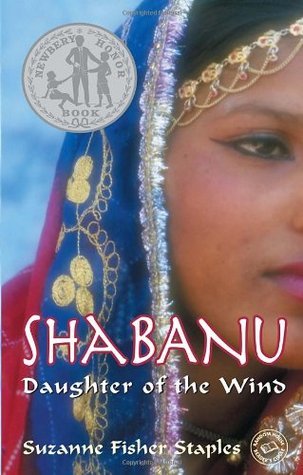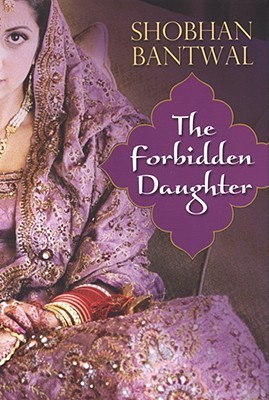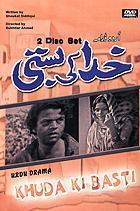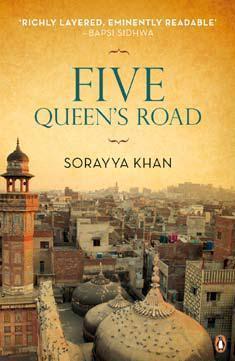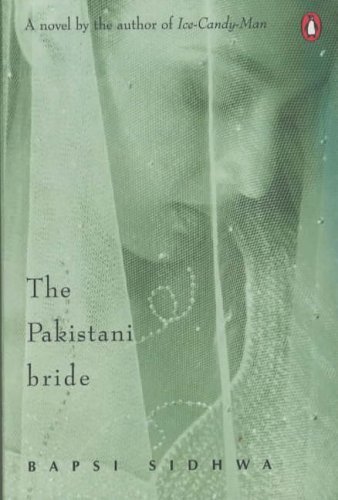
The Pakistani Bride
Book Description
Caught between love and tradition, a young girl’s dreams shatter as she confronts the ruthless realities of marriage in a turbulent society. 'The Pakistani Bride' paints a vivid portrait of desire and desperation, as she navigates a world filled with fierce family loyalties and unyielding expectations. With every breathtaking twist, passion collides with cultural constraints, leading to a heart-wrenching struggle for identity and freedom. Tension simmers and loyalties are tested in a whirlwind narrative that portrays the clash between personal desires and societal norms. Can she reclaim her voice and forge her own destiny against the odds?
Quick Book Summary
In "The Pakistani Bride," Bapsi Sidhwa crafts a harrowing yet evocative tale that delves into the oppressive realities faced by women within traditional societies. The novel revolves around Zaitoon, a young orphan taken in by a kindly civil engineer, Qasim, and raised in the cosmopolitan city of Lahore. As she comes of age, Zaitoon is promised in marriage to a man from Qasim’s tribal village, uprooting her from urban life to the treacherous landscapes of northern Pakistan. The story starkly presents the collision between individual yearning and rigid customs. As Zaitoon confronts violence, isolation, and the will to escape her fate, Sidhwa explores themes of identity, survival, and the pursuit of freedom amid cultural constraints.
Summary of Key Ideas
Table of Contents
Tradition versus Individual Freedom
Zaitoon’s story begins after she is orphaned by communal violence and adopted by Qasim, a Pathan who has built a new life in Lahore. Her childhood is marked by love and care, allowing her to flourish in the city’s relatively liberal environment. As she grows into adolescence, Qasim feels the pull of his tribal roots and arranges for Zaitoon’s marriage to a fellow tribesman, hoping to return to his origins and solidify their cultural bonds. Zaitoon, accustomed to Lahore’s freedom, finds herself ensnared in a world more alien and dangerous than she imagined.
The Burden of Gender Roles
The marriage proves disastrous as Zaitoon encounters brutality and oppression within her husband’s family. The customs of the village are harsh, especially towards women, subjecting her to violence and control that threaten her spirit and safety. Sidhwa vividly illustrates the suffocating force of tradition and the dire consequences for women caught within patriarchal expectations. The mountains surrounding her new home only amplify her isolation, trapping her both physically and emotionally.
Survival and Resilience
Desperate for escape, Zaitoon embarks on a perilous journey through the unforgiving wilderness, pursued relentlessly by tribesmen determined to maintain honor. Her struggle is one not only for freedom but for survival itself, as she endures hunger, fear, and the elements. Throughout her ordeal, Zaitoon’s resilience emerges; she refuses to accept the limitations imposed by her gender and culture, fighting against both tangible and psychological obstacles.
Clash of Urban and Tribal Cultures
Parallel to Zaitoon’s narrative, Sidhwa provides glimpses into the lives of other characters whose stories intersect with or reflect her own fate. These subplots—such as Qasim’s nostalgic longing for his homeland and Carol’s experience as an American in Pakistan—expand the exploration of identity and belonging. They reveal how cultural boundaries, gender, and tradition shape personal destinies, creating a mosaic of longing, conflict, and adaptation.
The Search for Identity and Belonging
Ultimately, "The Pakistani Bride" confronts the cost of defiance and the enduring hope for autonomy under the most adverse circumstances. Sidhwa’s poignant prose immerses the reader in the intensity of Zaitoon’s ordeal, inviting reflection on broader issues of oppression, emancipation, and the universal desire for dignity. The novel stands as a powerful meditation on the struggle to claim one’s selfhood in the face of unyielding cultural and familial expectations.
Download This Summary
Get a free PDF of this summary instantly — no email required.
